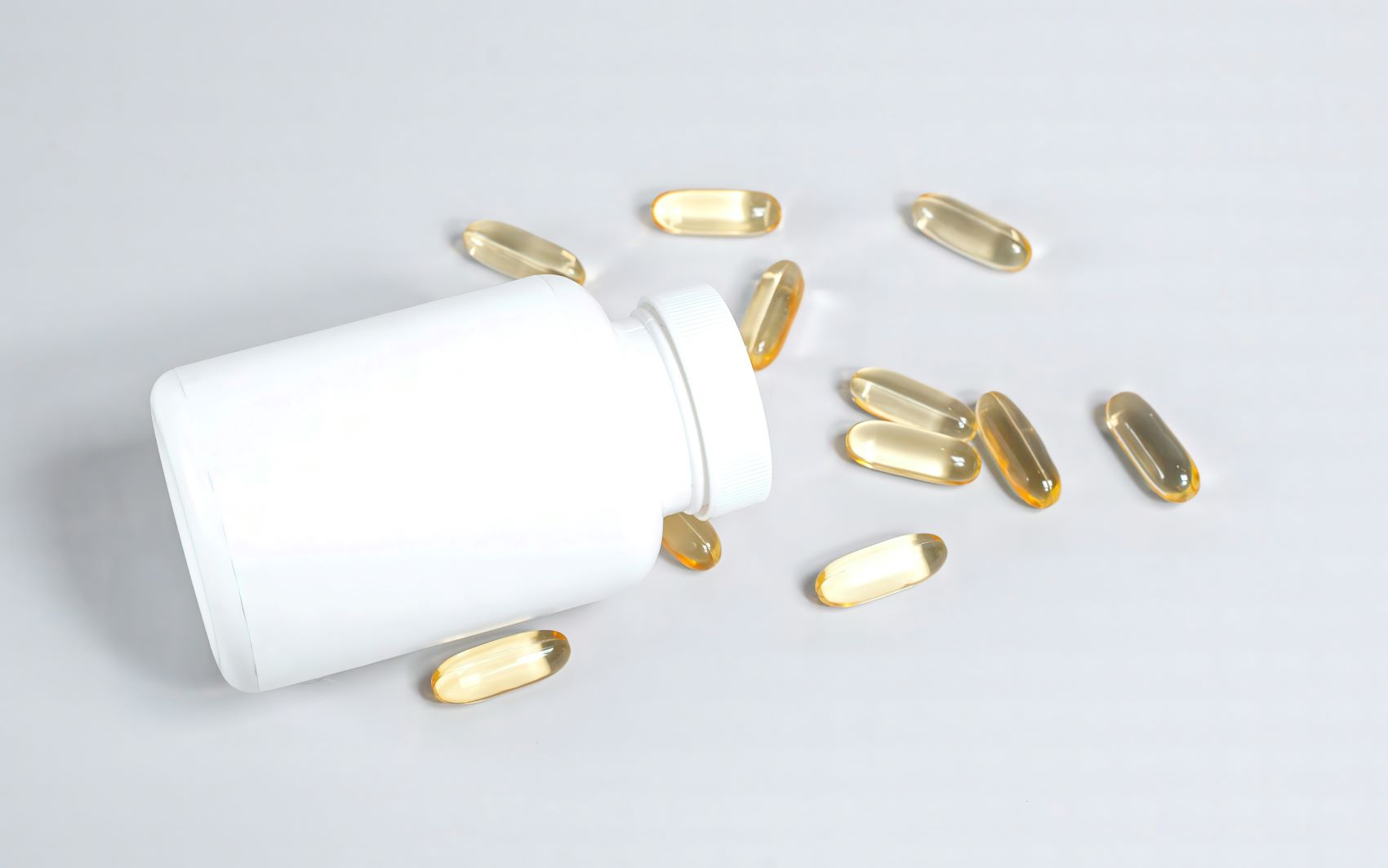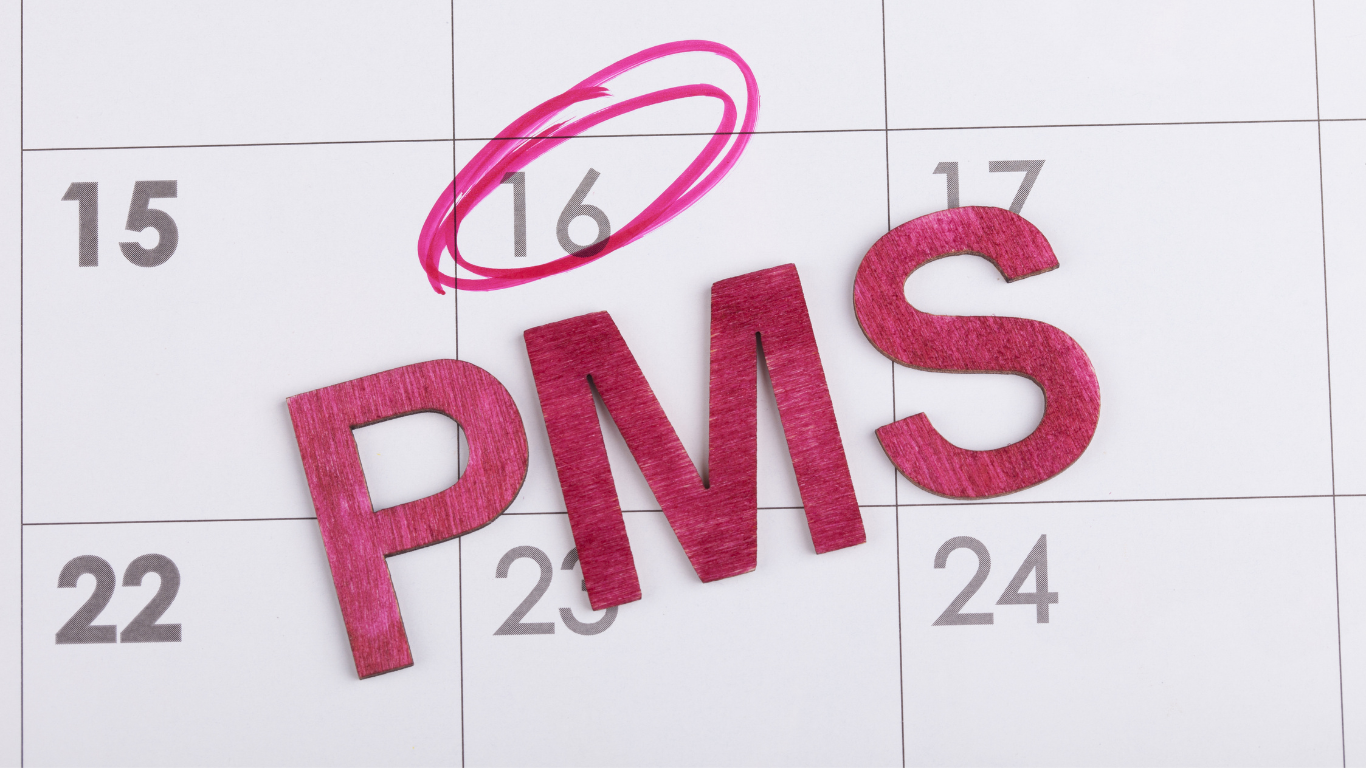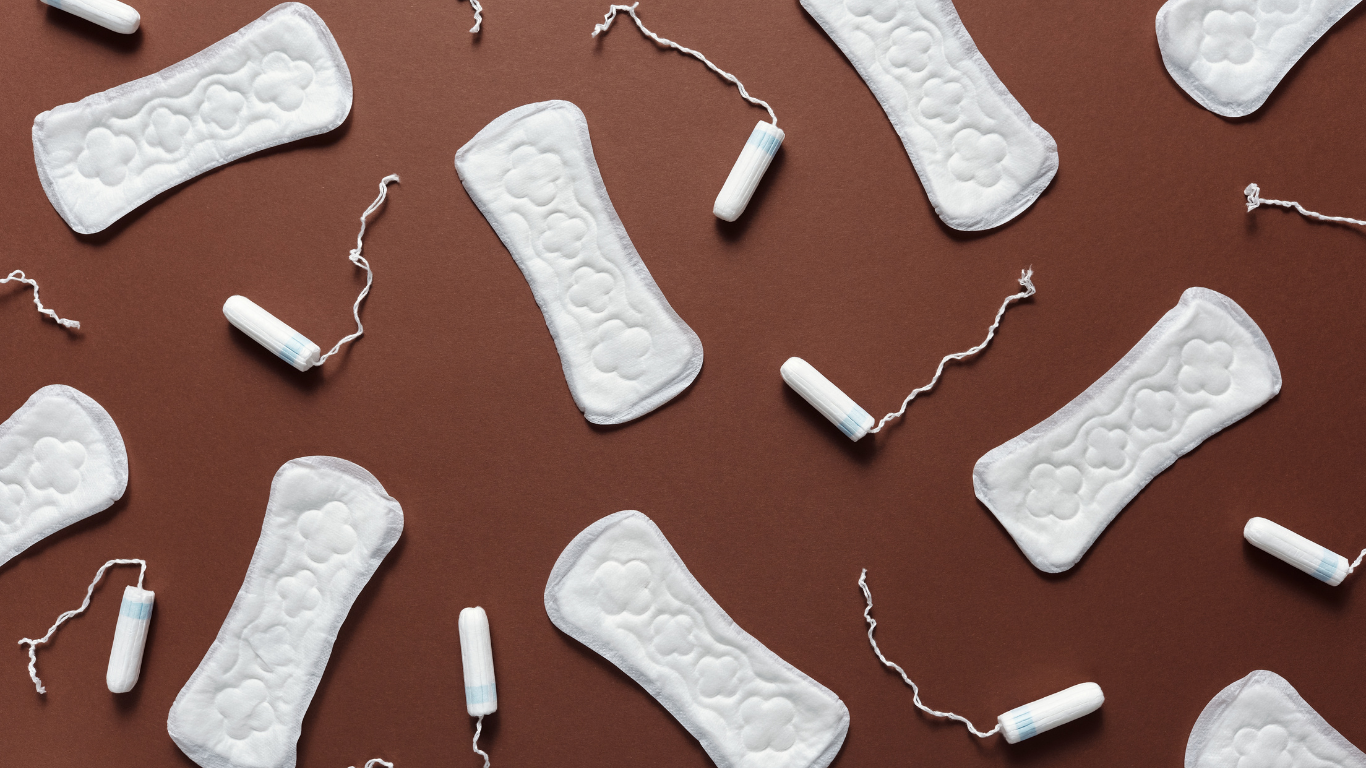
Fertility is a journey, and navigating the vast array of supplements available can be overwhelming. As a Fertility Dietitian in the UK, I often get asked about the best fertility supplements and prenatal vitamins. So, in this guide, I’m breaking down the best fertility supplements women can take when trying to conceive in 2025, based on evidence and clinical expertise.
Let’s dive in!
Best fertility supplements for women
If you’re trying to conceive, a high-quality prenatal supplement is one of the best investments you can make. Prenatal supplements are multivitamins that contain essential nutrients to support fertility. We recommend starting a prenatal supplement three months before trying to conceive to enhance egg quality and fill any nutrient gaps. Check out our blog on how to improve egg quality to learn more.
Why take a prenatal supplement
Evidence shows that taking a prenatal supplement alongside a fertility-supporting diet can significantly boost your chances of conception. Here are some benefits:
- Reduce Nutrient Deficiencies: Prenatal supplements help cover any nutritional gaps, lowering levels of certain nutrients linked to unexplained infertility and increased time to pregnancy.
- Strengthen Antioxidant Defences: They protect eggs from damage.
- Reduce Ovulatory Problems: Ovulatory issues are a common cause of infertility, and supplements can help mitigate this.
- Support AMH Levels: Anti-Müllerian Hormone (AMH) levels, a marker of ovarian reserve, can be supported with the right nutrients. Read more about this here.
How to choose the best fertility supplement for you
With many products on the market, it’s important to choose one that fits your needs. Here’s what to look for:
- Vitamin D: Lower levels are associated with infertility. Ensure your supplement contains at least 10mcg.
- Folate or Folic Acid: Critical for DNA production, egg quality, and implantation. Look for at least 400mcg.
- Antioxidants: Look for vitamins C, E, and selenium to combat oxidative stress.
- Zinc: Essential for the egg maturation process.
- Iodine: Important for thyroid function and reducing the risk of unexplained infertility.
- B Vitamins: Vitamins B12 and B6 are crucial, as insufficient levels are common in infertile women.
Which is the best prenatal vitamin brand?
Disclosure: All supplement recommendations in this guide are based on clinical expertise and current fertility nutrition research. Some links are affiliate-based, but this does not influence which products are included. Discount codes are offered for your benefit, with no added cost to you.
| Supplement | Best For | Why | Discount |
|---|---|---|---|
| Proceive Women (The Balanced Starter) | Under 35, early in TTC journey. | Balanced, high-quality formula with methylfolate. Good everyday coverage but no omega-3. | DIETITIANRO15 – 15% off |
| Proceive Max Women (The All-Rounder) | 35+, or TTC for 12+ months. | Higher nutrient levels for broader coverage. Sachet format. No omega-3 included. | DIETITIANRO15 – 15% off |
| Wild Nutrition Fertility Support (The Natural Choice) | Those preferring food-grown formats. | Whole-food based, sustainably sourced. Natural approach with a straightforward profile. | |
| Zita West Vitafem (The Comprehensive Formula) | Women seeking a premium, clinic-developed option | Fertility expert brand, created alongside IVF specialists. Provides a broad mix of nutrients. | |
| OVUM (The Antioxidant Focus) | Those looking for a doctor-formulated, antioxidant-led blend. | Strong antioxidant profile with CoQ10, NAC, ALA. 20% of profits reinvested into fertility research. Contains fewer overall nutrients. | DIETITIANRO – 15% off |
| Artah Enhanced Fertility (The Wellness Multi) | Those wanting fertility support alongside a daily wellness multi. | Wide range of nutrients with added antioxidants like CoQ10 and NAC. Designed for use before and during pregnancy. | RoHuntrissNutrition – 15% off |
| MyOva Preconception (The PCOS-Focused Option) | Women with PCOS or hormone imbalances. | Inositol-led formula with methylfolate. Tailored for hormone balance considerations. | SEREHEALTHY15 – 15% off |
| Pregnacare (The Accessible Classic) | Budget-conscious and widely available option. | Covers the basics with folic acid and vitamin D. Uses folic acid rather than methylfolate. | |
| Pregnacare Max (The 2-in-1 with Omega-3) | Those wanting vitamins and omega-3 in one pack. | Pairs micronutrients with omega-3. Value 2-in-1. Requires two tablets daily. |
Methyl folate vs folic acid
Prenatal supplements may contain vitamin B9 in its natural form (methylfolate) or its synthetic form (folic acid). A risk factor for neural tube defects is having low folate levels. Both forms increase blood folate levels, which corrects the risk factor of folate deficiency, but currently, public health guidance recommends folic acid to reduce the risk of neural tube defects. If your prenatal supplement contains methylfolate, you can safely add 400 mcg of folic acid; always discuss with your healthcare provider or fertility expert beforehand.
Methylfolate may be considered in some situations, for example, people who carry a mutation in the MTHFR gene may not be able to convert folic acid to the active form of folate in the body as efficiently as those without the mutation. There is also some evidence to suggest that methylfolate could be explored in cases of recurrent miscarriage or recurrent implantation failure. However, you should discuss this with your healthcare provider. This information is not a substitute for individualised medical advice.
| Supplements | Best for | Why | Discount |
|---|---|---|---|
| Holland and Barrett Folic Acid (400µg) (The Simple Option) | Those wanting a straightforward 400 µg folic acid tablet. | Provides 400 µg folic acid. Aligns with UK advice for conception to 12 weeks. | |
| Vitabiotics Folic Acid (400µg with 5 µg B12) (The Combined Approach) | Those wanting additional B12 with their folic acid tablet | Provides 400 µg folic acid (as per UK advice) with added B12 for a combined approach. |
Some supplements include a small amount of vitamin B12 alongside folic acid. Folate and B12 work closely together in the body, so pairing them is a common approach. Both standalone folic acid and folic acid with B12 are valid options, the best choice is whichever feels right for you.
Our other top fertility supplement recommendations
For specific needs, other supplements might be beneficial. Here are our top recommendations to help you on your fertility journey.
The best CoQ10 supplements for fertility
If you are over the age of 35, adding a Coenzyme Q10 supplement to your regimen can be one of the best fertility supplement choices you can make. CoQ10 is crucial for energy production and can help support egg production, maturation, and quality. If you want you learn more about CoQ10 check out our blog here.
| Supplements | Best for | Why | Discount |
|---|---|---|---|
|
Zita West Kaneka Ubiquinol (The Premium Option) | Those preferring the active, body-ready form of CoQ10. | Provides 200 mg Kaneka Ubiquinol, often considered more bioavailable than ubiquinone. | |
|
MicroCell CoQ10 (High-Strength Standard) | Those looking for a straightforward, high-dose CoQ10. | Provides 200 mg Ubiquinone, the standard form of CoQ10. |
Fertility supplements for PCOS
For those with Polycystic Ovary Syndrome (PCOS), myoinositol can be particularly beneficial. It helps regulate menstrual cycles, restore ovulation, improve egg and embryo quality, and enhance clinical pregnancy rates. With regards to doses, 4g/day of myo-inositol alone or a combination of myo-inositol and d-chiro inositol in a 40:1 ratio can support outcomes.
This supplement has also been shown to increase clinical pregnancy rate in women undergoing IVF by improving egg and embryo quality and improving response to ovarian stimulation.
| Supplements | Best for | Why | Discount |
|---|---|---|---|
|
Zita West inositol and folate (The Simple Pairing) | Those wanting a straightforward myo-inositol and folate blend. | Provides 4 g myo-inositol with 200 mcg methyl folate only. A simple focused formula. | |
|
MyOva (The PCOS Prenatal) | Those with PCOS who also want the coverage of a prenatal supplement. | Provides 4 g myo-inositol with folate, vitamin B6 and chromium, designed as an all-rounder with added prenatal-style nutrients. | SEREHEALTHY15 – 15% off |
|
Intimate Rose Inositol D Chiro Inositol Tablets (The 40:1 Blend) | Those who want a myo-inositol + D-chiro inositol supplement. | Combines myo-inositol and D-chiro inositol in the 40:1 ratio. | ROHUNTRISS – 10% off |
|
Bulk Inositol Powder (The Pure Powder) | Those wanting a flexible, budget-friendly pure myo-inositol option. | Delivers 100% pure myo-inositol with no added vitamins or minerals. Each 500 mg serving can be easily adjusted to meet your target dose. | |
|
Inositol FEM (The High-Dose All-Rounder) | Those looking for a high-dose myo-inositol option combined with extra nutrients for overall wellbeing. | Provides 4060 mg myo-inositol and 40 mg D-chiro inositol (100:1 ratio), plus folate, B6, B12, D3, zinc, selenium, manganese, and chromium for added support. |
When it comes to inositol, we’d recommend choosing one supplement rather than combining. Zita West (myo + folate) and Intimate Rose (40:1 myo + D-chiro) can be added alongside a standard prenatal, though there may be some overlap. whereas, MyOva Preconception already includes inositol with folate and other prenatal-style nutrients, so it’s generally designed to be taken as a standalone option. The best choice comes down to whether you’d like to add inositol to your current prenatal or prefer an all-in-one formula.
The best omega-3 supplements for fertility
Omega-3 fatty acids are essential fats that must be consumed through diet or supplements. They are beneficial for supporting ovarian reserve, egg quality, and improving IVF outcomes. Omega-3 supplements are particularly important if you do not consume 1-2 portions of oily fish weekly. Research indicates that even those who consume omega-3 through food can benefit from supplementation.
| Supplements | Best for | Why | Discount |
|---|---|---|---|
|
Wild Nutrition Food-Grown Pure Strength Omega 3 (The Natural High-Strength Choice) | Those looking for natural whole-foods, strong EPA + DHA supplement. | Provides a total of 1200 mg EPA and DHA from fish oil in a food-grown format. | |
|
Proceive omega 3 (The Balanced One) | Those who want a high-quality omega-3 | Provides 1100 mg EPA and DHA. | DIETITIANRO15 – 15% off |
|
Zita West – Vital DHA (The DHA-Focused One) | Those wanting a higher DHA ratio. | Provides 1072 mg omega-3 with a balance of 50% DHA and 10% EPA, designed with fertility and pregnancy in mind. | |
|
Zita West Ultra Omega 3 (The Lower-Dose Option) | Those wanting a lighter omega-3 supplement. | Provides 450 mg EPA and DHA, a lower-strength choice | |
|
Biocare vegan omega (The Plant-Based One) | Those following a vegan or plant-based diet. | Provides 500 mg EPA and DHA derived from algal oil. |
We’d recommend adding an omega-3 supplement if your prenatal doesn’t already include it. The amount that’s right for you can vary depending on your individual goals, for tailored guidance book a consultation with our clinic.
The Bottom Line
Choosing the best fertility supplements can be a game-changer on your journey to conception. Always consult with your healthcare provider or a fertility dietitian to tailor the best approach for your specific needs. With the right support and supplements, you are taking control of your journey. You can also explore our meal plans or book a 1:1 consultation for more tailored supplement advice
Written by: Ro Huntriss
Last reviewed: September 2025



